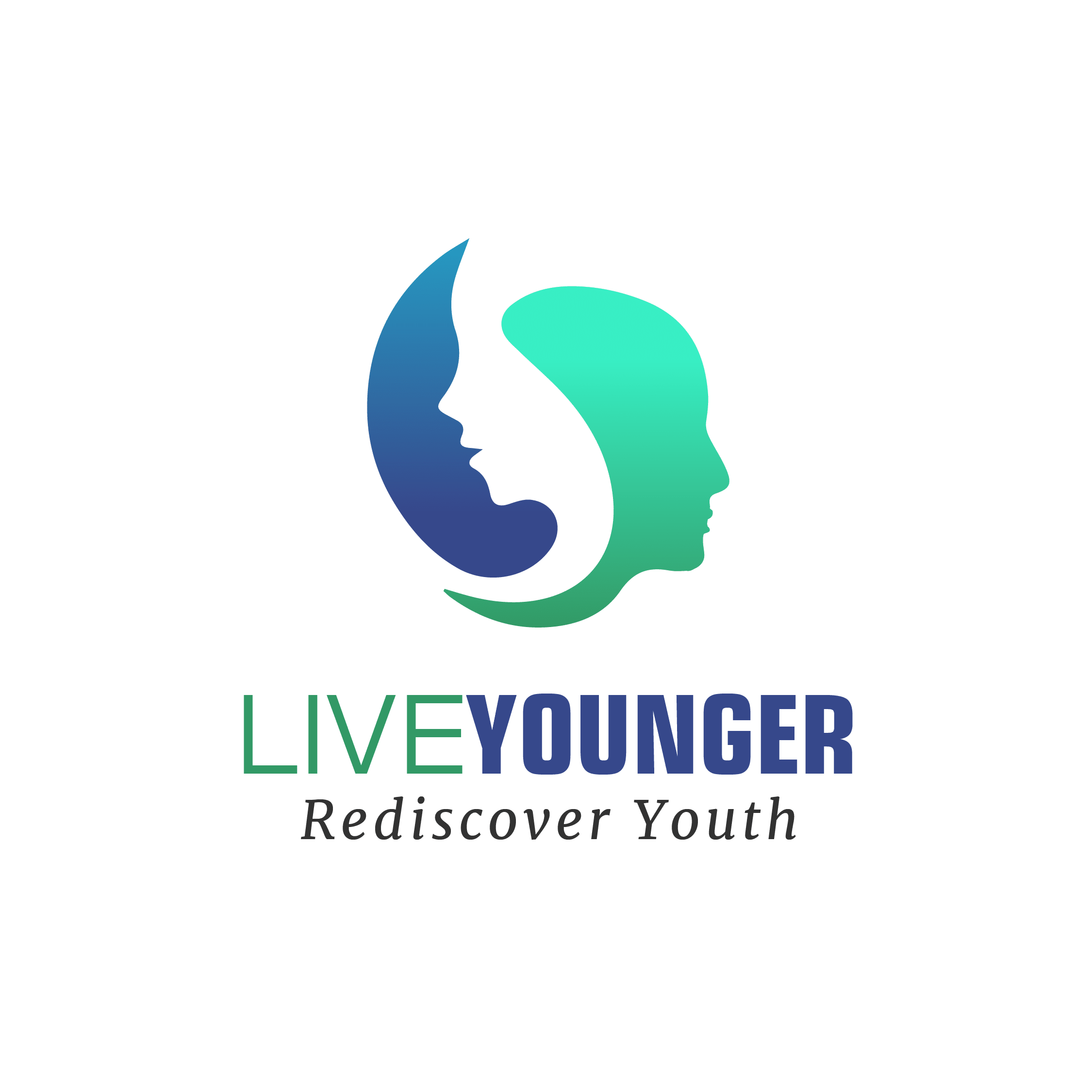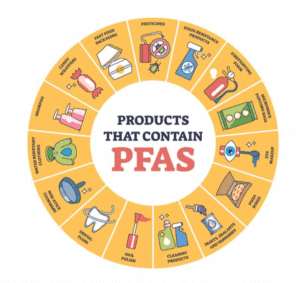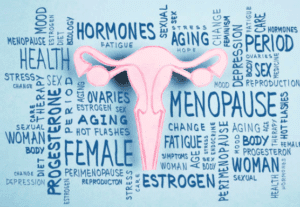Breast cancer – why was it not such an epidemic 20 years ago? 30, 40, 50 years ago?
Let’s talk about what cancer is and what you can do about it!
Cancer is simply the growth and out of control multiplication of cells with damaged DNA.
It gets a blood supply, it gets ‘food’ and it grows and takes over ….
- It’s in my genes
You have 80% control over how your genes express themselves.
It means to you that if you have a history of breast cancer in your family, how you take care of your internal environment can change your odds in your favour.
– Stay alkaline: consume foods that are not only low in glycemic index but keep you alkaline. Use pH strips to check your saliva.
– At least 8 cups of veggies and 2-4 servings of fruit in a day. Sounds like a LOT? Try smoothies and lots of green leafy stuff. Use sautéed kale or spinach instead of rice or pasta. Zucchini noodles from raw food recipes are another terrific way to get in extra veggies.
By doing this, ‘epigenetics’ comes into play. Epigenetics: changing the performance of your genes, not your gene itself.
- Get off the sugar!!!
We know that cancer cells have insulin receptors and love to multiply in the presence of sugar.
Don’t just stop ‘sugar’ and candy and chocolate.
This includes your high glycemic foods like corn and potatoes, grains and fruit like pineapple and mango and grapes.
Now, does mean eat none of that ever again?
Depends on you, your risk and overall health.
If you eat some grapes, don’t eat an entire bowl full; keep it to 1/4 of a cup; and eat some nuts, other high fibre foods like a bit of chia pudding, and a bit of fat (like in the nuts or from an avocado or coconut oil)
- Move it!
Daily walks and then getting onto an exercise program that builds muscle is important to reducing your cancer risk.
Studies show that increased body fat is an important risk factor.
Muscle burns more calories.
- Get rid of your extra body fat!
Other things to know about fat: Fat is an organ itself and makes hormones.
Fat increases your estrogens.
Estrogen metabolites of the wrong kind add to your breast (and prostate cancer risk – yes men have estrogen).
This is one of the crucial areas to work on to reduce your cancer risk: understanding the estrogen metabolites and how it impacts your risk.
- Man made risks:
Xeno-estrogens are man made chemicals that act on your estrogen receptors in breast (and prostate) tissue.
Be aware of xenon-estrogens and how to reduce your exposure.
We will have video and articles and interviews to help you stay on top of current science and health matters that will keep you living healthier, longer and Live Younger.



